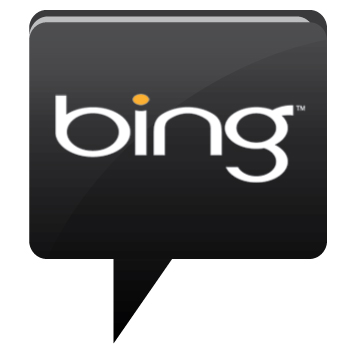Marketers use content analytics to determine which keywords rank better for audiences across regions. But are they taking local search preferences into account? It might come as a surprise, but certain U.S. regions prefer other search engines over Google, WebpageFX reports.
Google does in fact still maintain a stronghold over national queries – 81 percent of Americans’ entries are processed through the search behemoth. However, Bing handles nearly 15 percent of all queries in North Dakota and Yahoo returns results for more than 11 percent of searches in Arkansas.
Bing is big in Midwest
WebpageFX discovered that, although Bing was founded in the North West (Seattle), it is not as successful with West Coast internet users. The engine returns results for only 5 percent of queries in California, yet it’s reclaiming search territory from Google in Midwestern states like North Dakota and Wyoming.

The study drew correlations between areas of the country with the highest percentage of very religious consumers and their search engine preferences. The data suggests that Bing users are conservative-leaning and religious people who drive alternative fuel vehicles. Brands with products and services that cater to these audiences should optkmize their custom content for Bing.
Bing might also become popular with the social media-obsessed because it recently incorporated social media content from Facebook into its search engine results pages, Brafton recently reported. The new feature allows internet users to seamlessly conduct searches and interact with their social media peers.
Southern states stick to Yahoo, Google wins with coffee drinkers

Yahoo continues to prove its lasting power by garnering 7.75 percent of the total U.S. search share market, and cuts deeper into Google’s territory throughout Southern States like Arkansas, West Virginia and Mississippi.
WebpageFX’s findings suggest that branded content should be optimized for Yahoo if marketers want to reach religious individuals who live in states with mild climates, but not if they are targeting Starbucks’ drinking college grads.
Google, which is by and far the search engine with the widest reach, is used by individuals in areas with higher Starbucks concentrations, bigger households and better college graduation rates.

Marketers must continually adjust their search strategies to get their website content in front of the most people, but also the individuals who are most likely to click and engage. By reviewing content analytics, marketers can determine which search sites and content marketing strategies will generate ROI for their brands.





